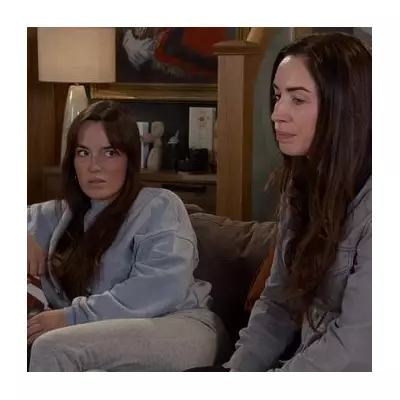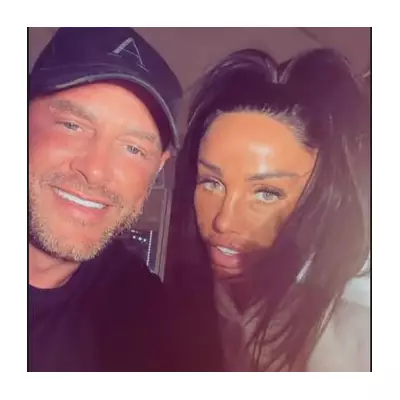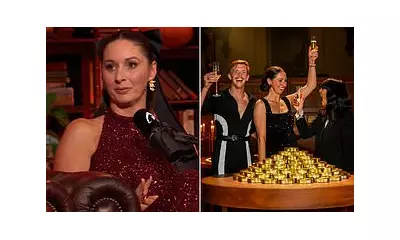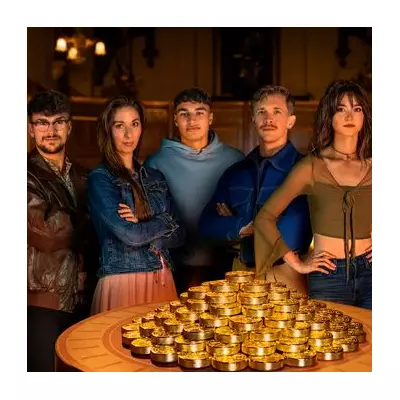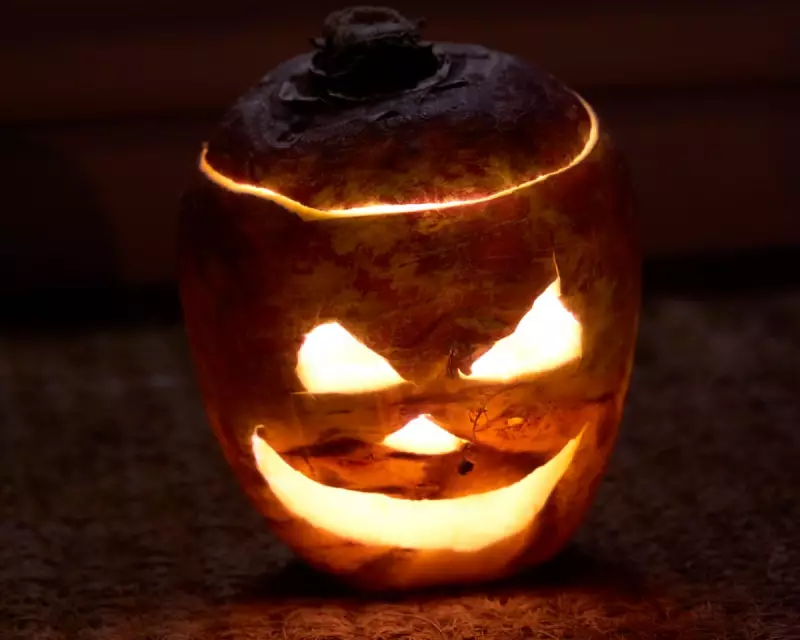
Forget what you've been told about Halloween being a purely American import. The truth is far more fascinating and deeply rooted in British soil. Long before pumpkin-spiced everything and trick-or-treating crossed the Atlantic, medieval monks and nuns were already crafting the supernatural traditions we associate with October 31st.
The Monastic Origins of All Hallows' Eve
Centuries before Halloween became commercialised, medieval religious communities across Britain observed All Hallows' Eve with rituals that would seem strangely familiar today. These holy men and women didn't just pray behind monastery walls—they documented encounters with the supernatural that would make modern horror writers envious.
Medieval manuscripts reveal that monks and nuns experienced what they believed were genuine visitations from beyond the grave. Ghost stories weren't just entertainment; they were considered evidence of the afterlife and spiritual warfare. The thin veil between worlds we associate with Halloween? Medieval religious communities lived this belief every day.
From Monastery to Modern Celebration
So how did these medieval spiritual practices evolve into the Halloween we know today? The transformation is more British than you might think:
- Ghost Stories: Medieval monks meticulously recorded supernatural encounters in chronicles that circulated among religious communities
- Soul Cakes: The predecessor to trick-or-treating involved giving food to the poor in exchange for prayers for departed souls
- Masking Traditions: Disguises weren't just for fun—they were spiritual protection against malevolent spirits
- Light in Darkness: Candles and lanterns weren't just practical—they symbolized spiritual protection
Reclaiming Britain's Supernatural Heritage
As we prepare for another Halloween season, it's worth remembering that the plastic skeletons and mass-produced costumes have deeper, more meaningful origins. The medieval monks and nuns who first shaped these traditions understood something we've largely forgotten: that the boundary between the living and dead deserves respect, not just commercial exploitation.
This Halloween, as you carve your pumpkin or tell ghost stories, remember that you're participating in a tradition with roots stretching back to Britain's medieval religious communities. The supernatural wasn't just scary entertainment for them—it was a fundamental part of their spiritual reality.
So the next time someone calls Halloween an American import, you can confidently share the truth: its deepest roots are buried in the sacred ground of British monastic history, where monks and nuns first explored the mysteries of life, death, and what might lie beyond.

